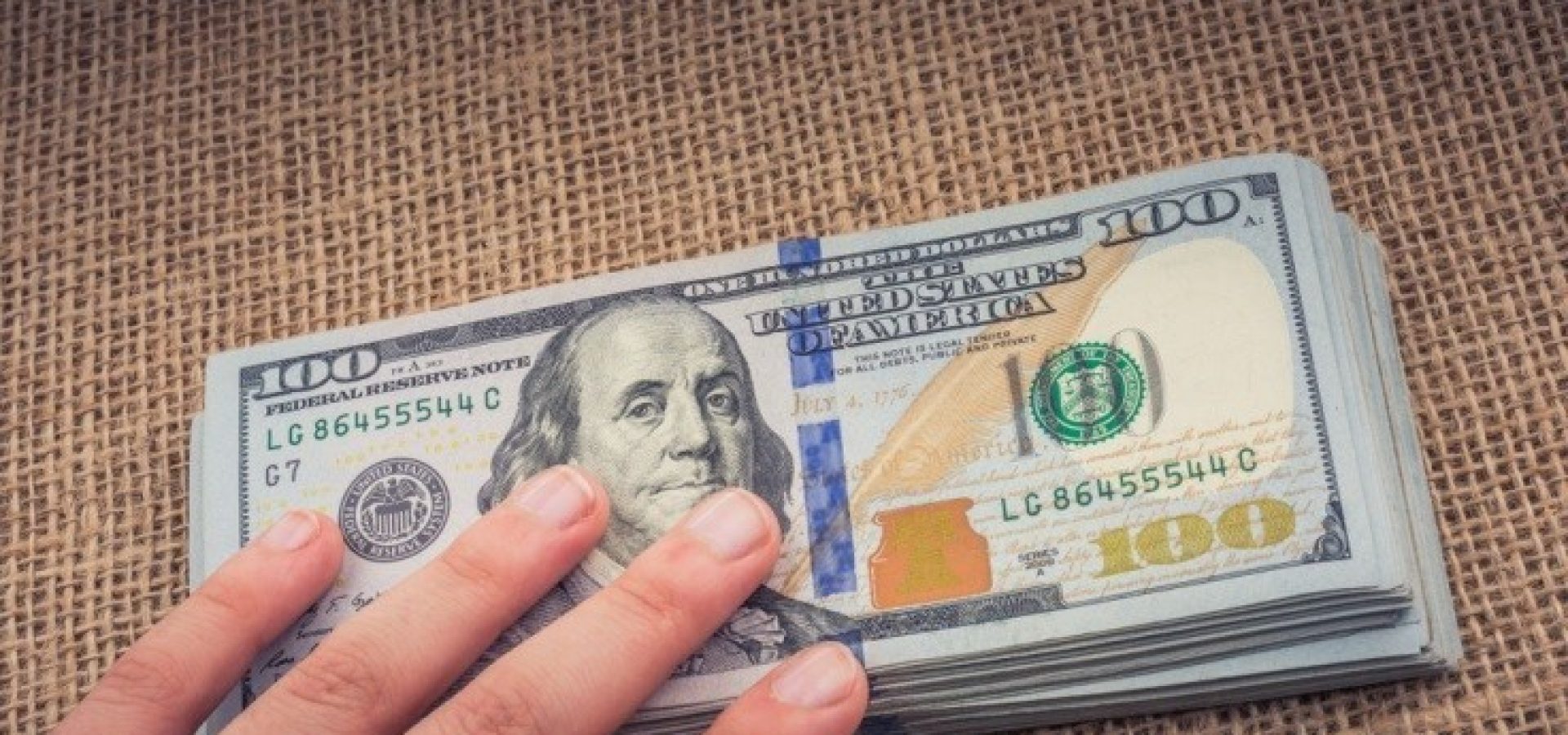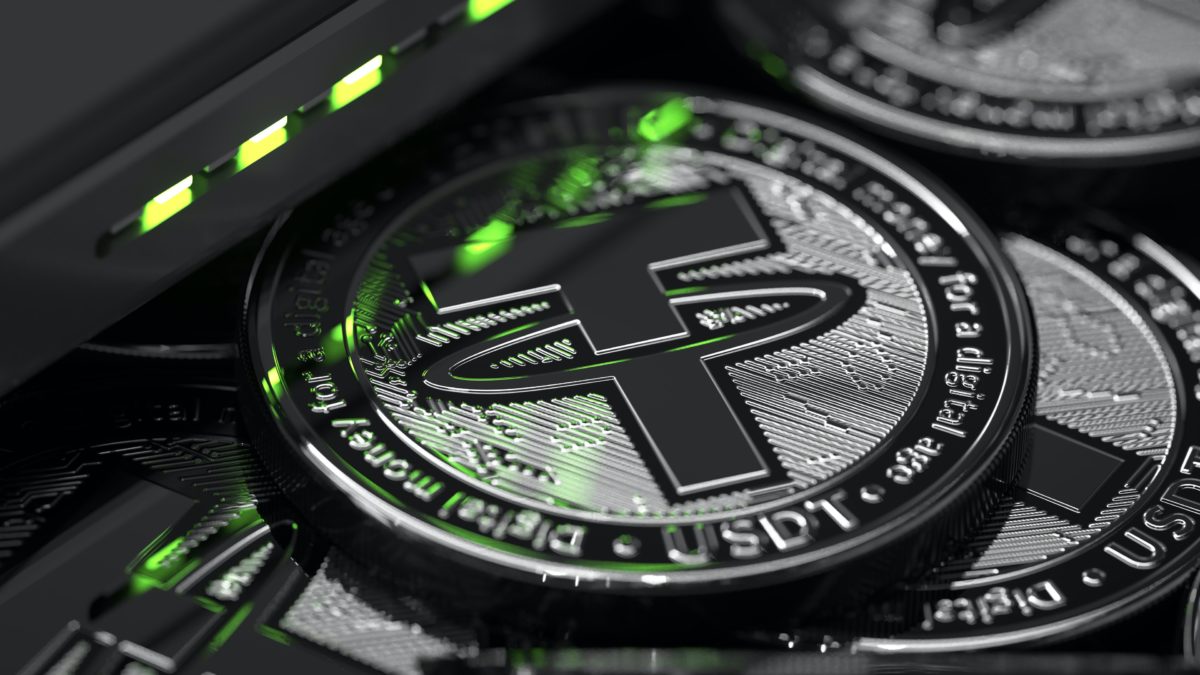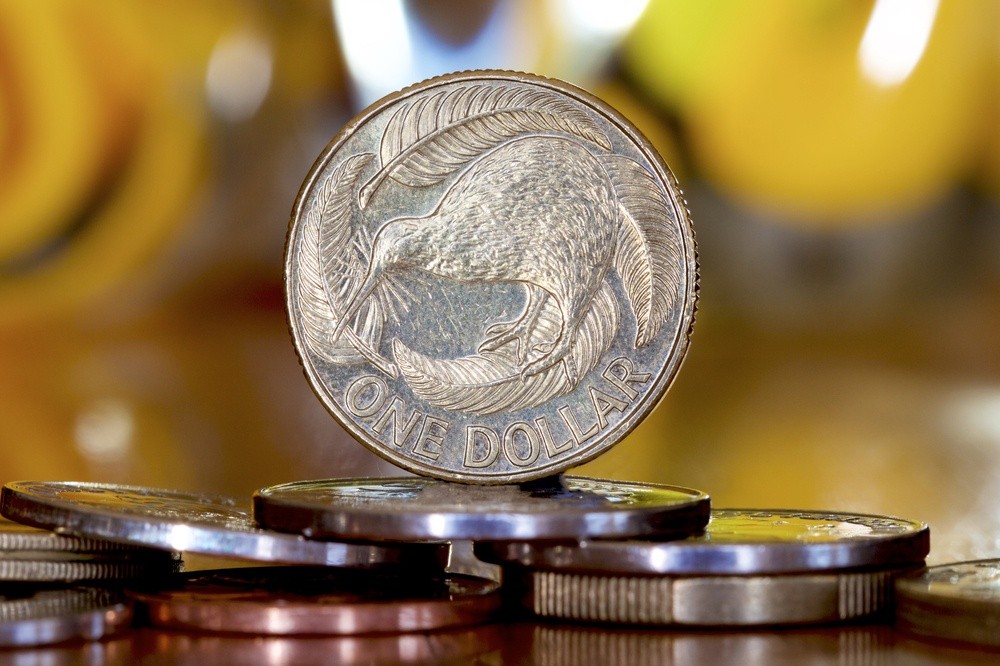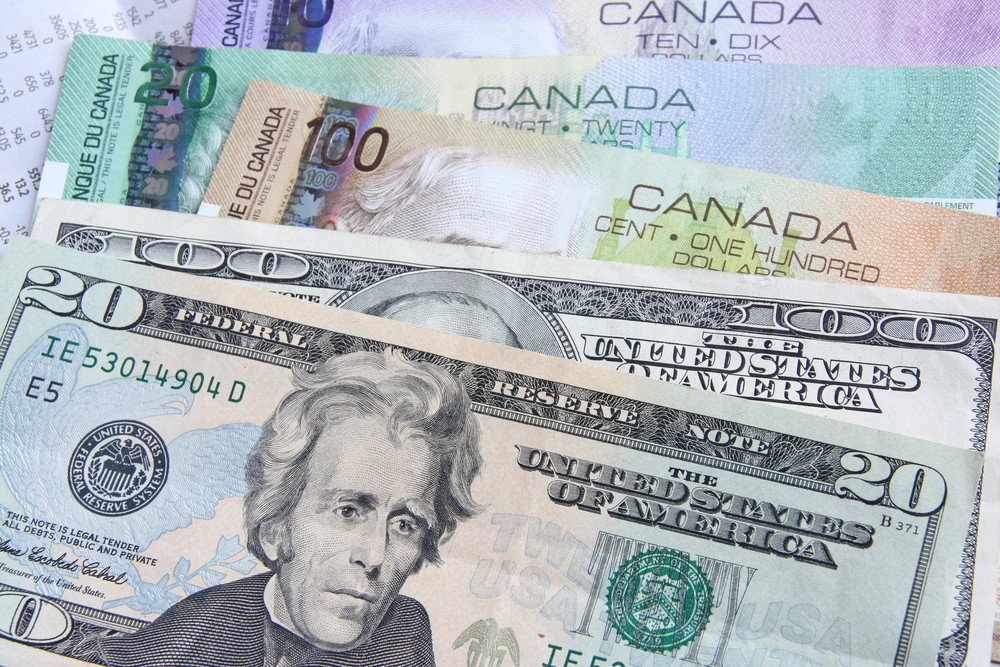The dollar edged higher against a basket of its key rivals on Monday, not far from a 10-week high following that data that showed US economic growth slowed less than expected and as global risk sentiment stayed fragile.
The US currency has found support recently on the safe-haven buying as the investors’ demand for riskier assets waned on steep declines in world equity markets on concerns over corporate earnings, geopolitical frictions, and global growth.
“The development in the US equity market is the main focus in the foreign exchange market,” said Masafumi Yamamoto, who is the chief currency strategist at Mizuho Securities.
On Monday, the dollar index, which gauges the dollar’s performance against a basket of six other major currencies, increased 0.1 percent to 96.446. The index has gained 1.4 percent this month.
On Friday, it increased as high as 96.860, which was its best level since August 15, after data showed that the US economy slowed down less than expected during the third quarter. However, it later reversed and finished 0.3 percent lower on the day.
Trade tensions between the United States and China, as well as the steady pace of rate increases by the Federal Reserve, have bolstered the dollar, which serves as a safe haven in times of turmoil and economic stress.
A strong US economy has also underpinned the dollar, although some weak corporate earnings have started to stoke doubts about the growth outlook, especially amid rising borrowing costs.
The euro slipped 0.1 percent to $1.1395 even as German Chancellor Angela Merkel’s junior coalition partners gave her conservatives until next year to deliver more policy results.
The common currency has shed 1.8 percent this month on concerns over Italy’s free-spending budget that would breach European Union fiscal rules. Markets have been jittery and yields on Italy’s bonds have increased since September as the EU disapproved of Rome’s plans for its budget.
Against the yen, the dollar was steady at 111.90 yen.
The dollar has weakened 2.3 percent against the yen, which also serves as a safe haven currency in times of geopolitical turmoil, from a higher than 11-month high of 114.55 yen reached on October 4.
Yukio Ishizuki, who is the senior currency strategist at Daiwa Securities, said some market players like macro-focused hedge funds have begun buying back riskier, emerging market currencies which were under fire earlier this year.
“When financial markets in the United States and across the world are declining, emerging market currencies are usually sold,” said Ishizuki. “The truth is that some of the currencies that saw heavy selling, such as the Brazilian real and the Turkish lira, are being bought back.”
MSCI’s emerging market currency index on Monday inched up 0.2 percent to trade 1.2 percent above a more than the one-year low reached on September 11.
Far-right lawmaker Jair Bolsonaro came out victorious of Brazil’s presidential election on Sunday, promising to clean up politics, shrink the state, and a crackdown on crime, in a dramatic swing in the left in the world’s fourth-biggest democratic country.
Mizuho’s Yamamoto expected traders to cash in on long positions in Brazil’s real that were largely taken up in the weeks ahead of Sunday’s election.
“It seems that markets are expecting that under a Bolsonaro administration, the pension reform and fiscal deficit reduction may advance,” said Yamamoto. “I think the development on that front will be very slow or will receive difficulties.”
-
-
- Interested in trading the US dollar? Read WiBestBroker’s comprehensive review on LBLV.
-











COMMENTS